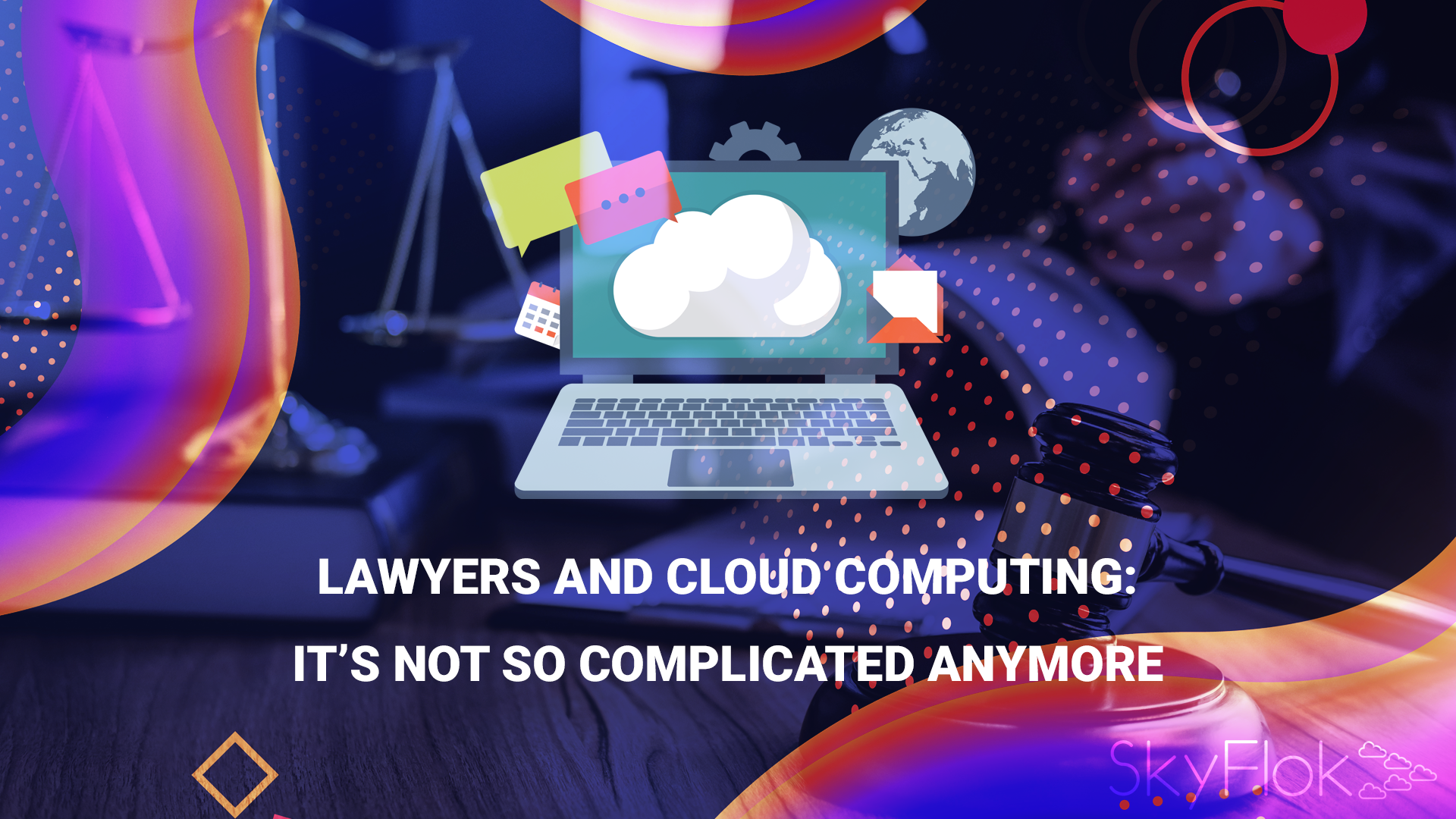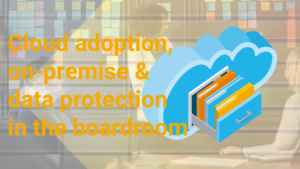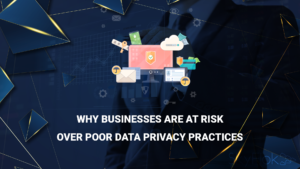SkyFlok helps legal professionals and law firms handle confidential data in a secure and compliant way. Show your clients their security matters to you and get the highest level of protection for all of your content!
✓ Protect your files with end-to-end encryption
✓ Help clients stay safe
✓ Keep control over your files
✓ Recover deleted files and any file versions
✓ Comply with privacy regulationsCloud computing is a concept that most lawyers are familiar with in 2019. But it wasn’t always that way. I’ve been writing about cloud computing and encouraging lawyers to use it for more than a decade now, and when I first started writing and speaking about it my ideas where greeted with suspicion and skepticism. For many years, it was an uphill battle, although that’s changed in recent years.
To the best of my knowledge, I began my advocacy when I first wrote about cloud computing in March of 2009. In that post, Law Practice Management in the Cloud, I explained why I believed that lawyers should consider cloud-based law practice management software:
Taking advantage of SaaS law practice management software allows firms to focus on the ever-important task of practicing law while the SaaS provider operates, updates and maintains the practice management software…Advantages include lower costs due to reduced overhead, less hassle related to maintaining and upgrading the case management system and greater flexibility, since the Web-based system can be accessed anywhere, at anytime.
From that point on, in addition to encouraging lawyers to use cloud software, I also began to track ethics opinions that addressed the issue of whether it was permissible for lawyers to use cloud computing tools to store confidential client data.
In 2010, I wrote about one of the first ethics opinions on this issue, which was handed down by the New York State Bar Association’s Committee on Professional Ethics in September 2010.
In that opinion, Opinion 842, the Ethics Committee green lighted the use of cloud computing by New York lawyers, concluding that “a lawyer may use an online data storage system to store and back up client confidential information provided that the lawyer takes reasonable care to ensure that confidentiality is maintained.”
Since then, more than 20 jurisdictions have considered this issue and all have concluded that lawyers can ethically use cloud computing. These include: Alabama (Formal Opinion No. 2012-184), Alaska (Ethics Opinion No. 2014-3), Arizona (Opinion 09-04), California (Opinion 2010-179), Florida (Proposed Advisory Opinion 12-3), Illinois (Opinion No. 16-06), Iowa (Opinion 11-01), Maine (Opinion 194, Opinion 207), Massachusetts (Opinion 12-03), New Hampshire (Opinion 2012-13/4), New Jersey (Opinion 701), Nevada (Opinion 33), North Carolina (2011 Formal Ethics Opinion 6), Ohio (Informal Opinion 2013-03), Oregon (Opinion 2011-188), Pennsylvania (Opinion 2011-200), Tennessee (Formal Ethics Opinion 2015-F-159), Vermont (Opinion 2010-6), Virginia (Legal Ethics Opinion 1872),Washington (Advisory Opinion 2215), and Wisconsin (Formal Ethics Opinion EF-15-01).
The most recent to do so was the State Bar of Texas, which issued Opinion 680 in September 2018. At issue was whether Texas lawyers may “use cloud-based client data storage systems or use cloud-based software systems for the creation of client-specific documents where confidential client information is stored or submitted to a cloud-based system.”
The Committee concluded that Texas lawyers may indeed use cloud computing in their practices: “Considering the present state of technology, its common usage to store confidential information, and the potential cost and time savings for clients, a lawyer may use cloud-based electronic data systems and document preparation software for client confidential information.”
Also of interest was the Committee’s confirmation that Texas lawyers have an ethical obligation to stay abreast of technology: “(A) lawyer should remain reasonably aware of changes in technology and the associated risks—without unnecessarily retreating from the use of new technology that may save significant time and money for clients.” Notably, a few months later, in February, Texas officially adopted the duty of technology competence into its disciplinary rules of professional conduct.
When I learned of this opinion, I was struck by the fact that it was the first to address the ethics of cloud use by lawyers in more than a year. This is notable since, beginning in 2010, cloud ethics opinions were issued quite frequently, with as many as three or four being handed down by various jurisdictions in some years. But beginning in early 2017, after the Illinois opinion listed above (Opinion No. 16-06), there was a noticeable lull, with no opinions being issued to the best of my knowledge until Texas addressed the issue a full year and a half after the Illinois opinion.
The new report assesses the landscape for corporate law departments and finds that in order to maximize the value of the legal services delivered, corporate law departments need to pay as much attention to improving the impact of those legal services as they do to reducing the cost of those services.
I would suggest that the reason for this is simple: cloud computing is now an accepted, trusted technology. As a result lawyers are comfortable using it, and thus don’t feel the need to submit inquiries to their bar associations’ ethics committees regarding whether it’s ethical to do so. In fact, according to the latest ABA Legal Technology Survey report, the majority of lawyers (55 percent) have used cloud computing software tools for law-related tasks.
If you’ve been thinking about using cloud computing software in your law firm — or are already doing so — rest assured, you’re not alone. In 2019, the benefits of cloud-based software far outweigh any perceived risks, so if you haven’t already taken advantage of cloud computing tools (and you probably already have even if you don’t know it), what are you waiting for? No better time than the present!

Lawyers And Cloud Computing: It’s Not So Complicated Anymore
SkyFlok helps legal professionals and law firms handle confidential data in a secure and compliant way. Show your clients their security matters to you and get the highest level of protection for all of your content!
✓ Protect your files with end-to-end encryption
✓ Help clients stay safe
✓ Keep control over your files
✓ Recover deleted files and any file versions
✓ Comply with privacy regulations






